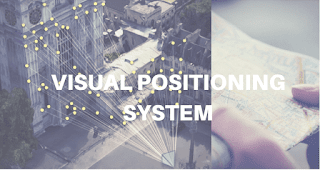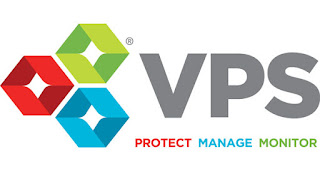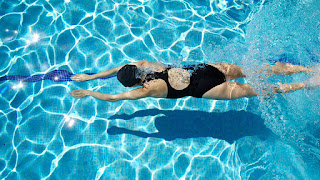Visual Positioning System
Intoduction
Over the past ten years, Global Positioning
System (GPS) has found widespread use in
consumer vehicles. However, due to the satellite
links required for obtaining a positional fix,
accuracy and robustness are sensitive to environmental
factors such as tall buildings, mountainous
terrain or adverse weather.
Recently,
efforts have been made to improve on these issues
by adding ground-ground communication
channels, as used in Assisted GPS and Differential
GPS.
However, even these improvements
are of limited use in difficult situations
such as parking lots, and still rely on outside
communication.
In our work, a visual approach to local navigation
is presented. Data from a vehicle
mounted camera is analyzed to extract vehicle
motion parameters, which are then used
to keep track of the vehicle’s relative position.
In combination with standard communication based systems, this allows for more robust and
accurate navigation. Alternatively, it can provide
navigation assistance in the absence of all
communication links.
Technologies
There is no stringent accuracy requirement on this extrinsic calibration, as the algorithms are designed to cope with the additional pitch and roll angles allowed by the vehicle’s suspension.
Consecutive camera frames are first rectified with the inverse perspective transformation calculated from the calibration data. In this sequence of rectified frames, ground plane feature correspondences are defined in terms of inter-frame rotation and translation. By demanding consistency in these transformation parameters over all feature pairs, the perspective transformation can be recalculated to reflect the suspension angles, which in turn can be used to improve the inter-frame transformation estimate. The movement of the vehicle is simply the inverse transformation, and the cumulative inter-frame movements form the elapsed trajectory.
REFERENCES
[1] E. Kaplan and C. Hegarty, Understanding GPS: Principles and Applications 2nd Ed., Artech House, 2006.
[2] K. Teelen and P. Veelaert, Image Registration Using Uncertainty Transformations, Lecture Notes in Computer Science, Vol. 3708, Pages 348-355, Springer, 2005.
google 'Visual positioning Service ' AR Traking in action
Indroduction to VPS






Comments
Post a Comment